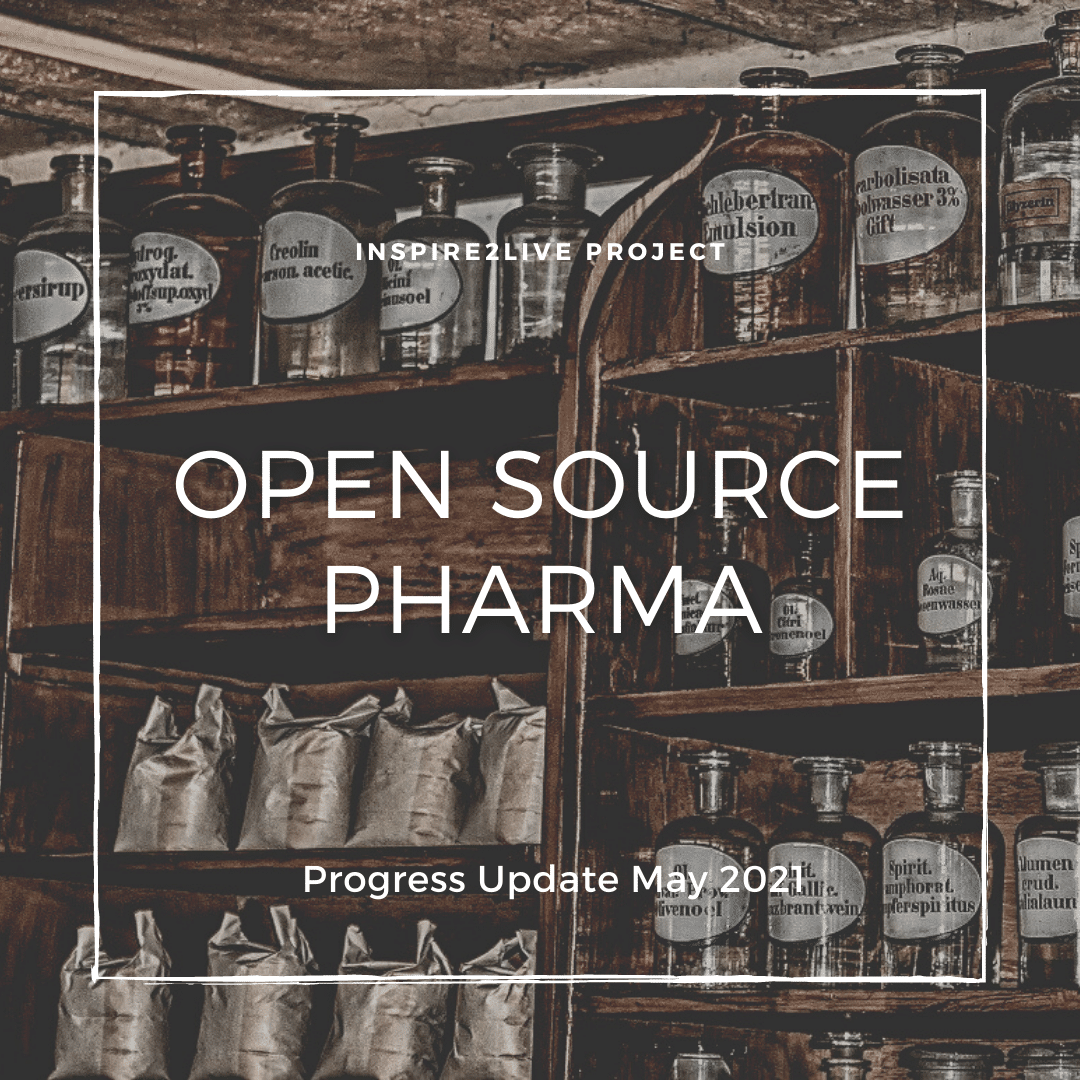A progress update
It started out as a distant dream, but more and more experts are coming on board, and financial funding is being concretely discussed with strong partners. So here is an update on what it is and where we stand with the Open Source Pharma project.
The project is expected to start preparations this year and to receive the first patients next year. It is expected that about 400 patients will be treated over a period of four years.
The project has a primary and a secondary goal. The primary goal is to use drug screening in order to find more treatment options for three types of cancer that have no or only partial protocols, and that are under-researched. The types are glioblastoma, pancreatic cancer and PTO, Primary Tumor Unknown. The drug screening will not be limited to innovative drugs, but will (in principle) be taken from all modern and old drugs on the market, including off-label.
There is also a wider purpose to the project and that is to shift the whole medical paradigm from the conventional Drug-Centric (we have a drug and we check that the patient conforms to the profile of the drug) to Patient-Centric (we have this specific patient and we find the drug that best fits the needs of this patient at this time).
The way this is going to work is that we use the whole array of modern diagnostic tools (Whole Genome Sequencing, Liquid Biopsies, Organoids, Organ-on-a-chip, drug screening, Artificial Intelligence and Data Analysis, Mathematical Game Theory to prevent and circumvent drug resistance). The patient gets a tailored composition of drugs that will be changed whenever the cancer develops resistance.
In this approach it is important that the method be used as the primary treatment and not as a second treatment after the primary protocol has failed, because the clinical results and the condition of the patient will be worse and less easy to interpret. The scientific results are achieved by data analysis of treatment data and outcome data.
A big advantage is that it puts the patient in the centre instead of the drug, but also that it puts the oncologist at the centre instead of the protocol. It restores the original role of the doctor, to create the treatment and to decide on the way forward in harmony with the patient (the patient’s self-determination and the oncologist’s autonomy).
The Open Source Pharma project is an integration of many modern developments and insights, a proof of concept. It can be scaled up to general medical practice as soon as the results are starting to provide sufficient evidence of effectiveness.
At this moment we have confirmation from the developers of the required diagnostic tools and technologies that they are ready to start the cooperation. The next round is with oncologists and hospitals to discuss the availability of patients. We are discussing the financial aspect with several parties, with help and coaching by Hans Büller, former chairman of Erasmus Medical Center, amongst many other functions and roles.
In the short term we intend to organise a scientific session on treatment discovery based on the diagnostics, and to assemble a working group to develop a strong toolkit for Informed Consent by the patient.
Personalised Medicine is becoming a reality!
Tielo Jongmans
Patient Advocate Inspire2Live

